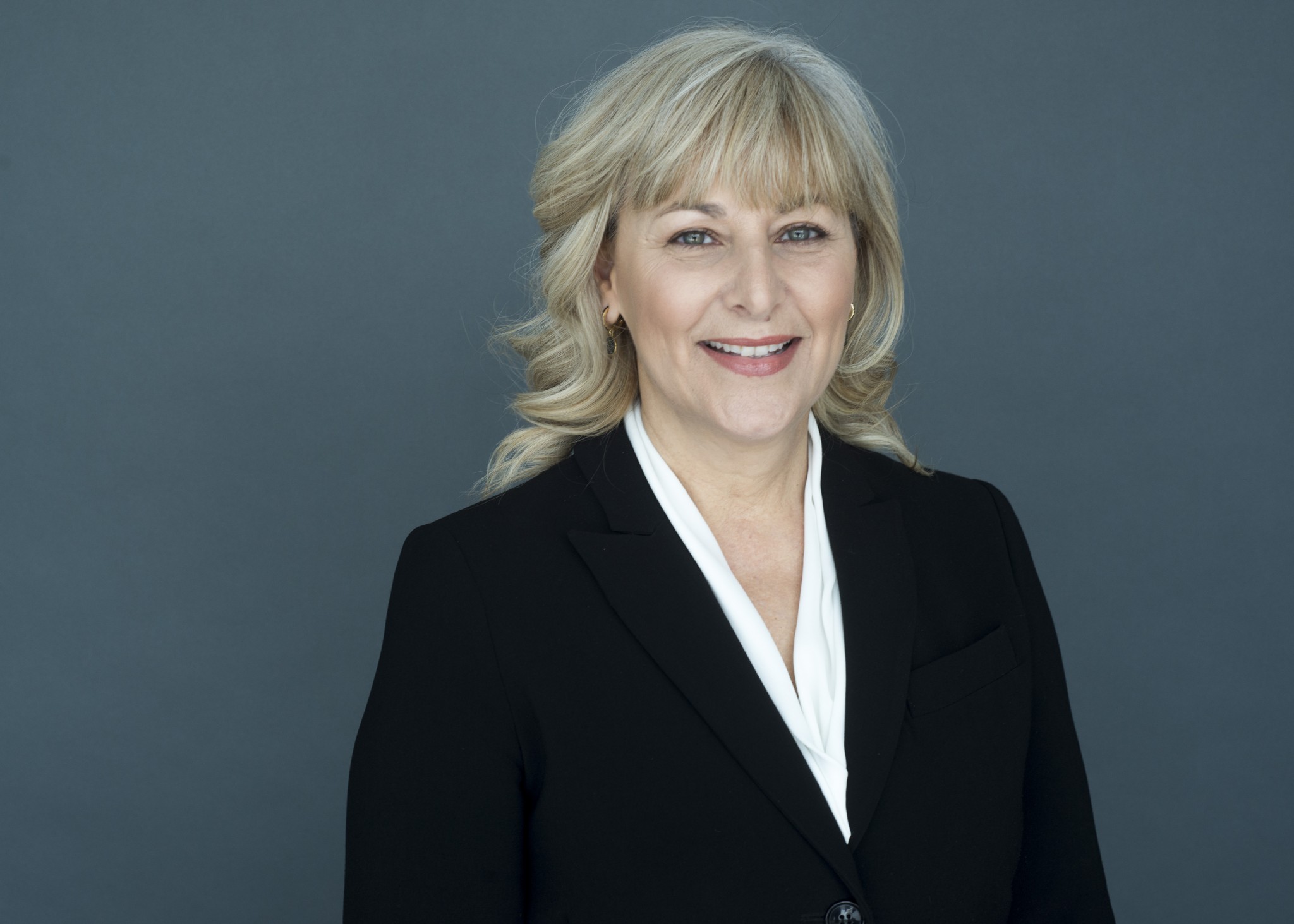- Home
- About Us
- The Team / Contact Us
- Books and Resources
- Privacy Policy
- Nonprofit Employer of Choice Award

 The world has changed, and it likely will not go back to the way it was. We felt it was an opportune time to reflect on what wasn’t working well and consider a revision of the sector – some proactive change and some reactive.
The world has changed, and it likely will not go back to the way it was. We felt it was an opportune time to reflect on what wasn’t working well and consider a revision of the sector – some proactive change and some reactive.
While we represent a diversity of perspectives, we chose to widen our lens and invited a number of leaders to share their thoughts. A number of key themes emerged including partnerships and collaboration, governance, and equity. In this two-part series we unpack three of the themes: how we work internally and externally across the sector; the change readiness of our sector; and how equity and inclusion are realized and made a priority.
How We Work
Independent Fundraising Advisor Tony Lee asserts “this has been an experiment on a massive scale for working remotely and it has largely succeeded. Charities will realize they can hotel workstations and save big on real estate.”
Direct Marketing Maven John Lepp adds: “we have been talking with a lot of folks about some potential changes on the other side of this. I currently fear for my colleagues and friends who are working at organizations who never got around to investing in technology and access. We have folks who are sitting at home on their couch unable to fundraise for their mission since they cannot access their donor data remotely.”
The mechanics and operations have shifted dramatically, but what about the connectivity and social element of non-profit work? Samantha Mahfood, Executive Director of Food For The Poor Canada reflects that her team prefers to be working from the office, they miss the social interaction in the physical space. The opportunity/challenge is how to support them personally, and how to support and strengthen team culture, both remotely and in times of crisis.
Change Readiness
Organizations with slow or inflexible decision-making processes are being challenged to adapt in this climate. Sue Wilkinson from FindHelp reflects that “the speed of change and intensity of need has broken down historic barriers to partnership and collaboration. I am hopeful that this will lead to a whole new openness to collaboration and enhanced innovation long-term across the sector.
Internally, not for profits with cracks in their organizational culture – lack of adaptability and challenging union/management relations are immobilized. More attention will need to be placed on building adaptability and leadership capacity to continue to thrive in an ever-evolving operational context. Similarly, Major Gifts/Campaign Consultant Mridula Joyner, CFRE suggests “this crisis has opened up the door to conversations with donors and funders to support organizations with unrestricted funds or ease granting requirements. Hopefully this will continue so charities can be more nimble to direct resources to where they are needed most at any given time.”
Equity and Inclusion
All of the “how” is directly impacted by privilege and resources. In a sector focused on social justice and care for humanity it is critical to consider equity, diversity, inclusion and access in this conversation. Aneil Gokhale, Director of Philanthropy for Toronto Foundation points to 2014 Imagine Canada Research Report - Sector Impact that highlights the disparity in the distribution of support to charities - 66% of charitable revenue in Canada go to just 1% of the organizations.
“We know that there is income inequality in Canada. This statistic confirms that there is inequality in the charitable sector too. The COVID-19 pandemic exacerbates these disparities while increasing the demand for the services charities provide. Indigenous communities and newcomers were already struggling before the pandemic. Many women and children experiencing domestic violence have been forced into social isolation with their abusers. Seniors are more isolated now than ever before. Though so many people are suffering, there are many dedicated organizations stepping up to support them. We must all do our part too, by making unrestricted donations to these smaller, under-the-radar charities working at the frontlines of the pandemic. By bringing more awareness to these organizations, we can start closing the inequality gap between large and small charities.”
Advancement Professional Jessica Wroblewski identifies that the “lack of a government body to enable rather than regulate the non-profit sector, lack of up-to-date data, decent work for employees, funding practices by government and foundations, and the current narrative about charity including the cost of fundraising ratio and compensation are key challenges further highlighted by the COVID19 crisis. The June 2019 report by the Special Senate Committee on the Charitable Sector entitled Catalyst for Change: A Roadmap to a Stronger Charitable Sector does a great job of summarizing issues facing the non-profit sector and suggests potential solutions that the federal government could help to enact.”
In a recent interview in The Charity Report, Senator Ratna Omidvar said of the report:
“Because of parliamentary procedures and timing of the election, the report has been tabled in the Senate. It has actually not been debated. But as soon as things are back to normal, I have legislative proposals to come out of it, one to amend the Income Tax Act to lift the qualifying donee rule that prevents charities from working with other groups who may not be charitable organizations. In the meantime, I support this rule on direction and control being temporarily lifted, which allows people most in need to be helped even though they may not be connected to charitable organizations.”
In part two of our report we will hear from Cathy Taylor, Caroline Riseboro, Rea Ganesh, Hala Bissada and Elizabeth Dalgleish on their hopes for change in our sector in the aftermath of COVID19. To read part two, click here.
 Maryann Kerr is Chief Happiness Officer/CEO and principal consultant with the Medalist Group. Maryann has worked in the social profit sector for 34 years and helped raise over $110M. Maryann knows that successful organizations create and nurture a climate where everyone understands their role; politics are minimal; engagement is high and turnover low. Environments where employees co-create the road-map to mission delivery. Compassion, kindness, a commitment to the profession and deep respect for the professional fundraiser are at the core of her work. Maryann brings a loving and critical lens to the sector in an effort to facilitate difficult discussions to affect change.
Maryann Kerr is Chief Happiness Officer/CEO and principal consultant with the Medalist Group. Maryann has worked in the social profit sector for 34 years and helped raise over $110M. Maryann knows that successful organizations create and nurture a climate where everyone understands their role; politics are minimal; engagement is high and turnover low. Environments where employees co-create the road-map to mission delivery. Compassion, kindness, a commitment to the profession and deep respect for the professional fundraiser are at the core of her work. Maryann brings a loving and critical lens to the sector in an effort to facilitate difficult discussions to affect change.
 Tanya Hannah Rumble is a leader in the philanthropic sector who has raised millions of dollars for some of Canada's largest charities including the Heart and Stroke Foundation, Canadian Breast Cancer Foundation, the Canadian Cancer Society and now McMaster University. Tanya's approach to her work in the fundraising sector is greatly influenced by her lived experience as a mixed-race womxn in an interracial partnership who is a third culture kid - first-generation Canadian daughter of Jamaican and English-Irish immigrants who spent her formative years in the United Arab Emirates.
Tanya Hannah Rumble is a leader in the philanthropic sector who has raised millions of dollars for some of Canada's largest charities including the Heart and Stroke Foundation, Canadian Breast Cancer Foundation, the Canadian Cancer Society and now McMaster University. Tanya's approach to her work in the fundraising sector is greatly influenced by her lived experience as a mixed-race womxn in an interracial partnership who is a third culture kid - first-generation Canadian daughter of Jamaican and English-Irish immigrants who spent her formative years in the United Arab Emirates.